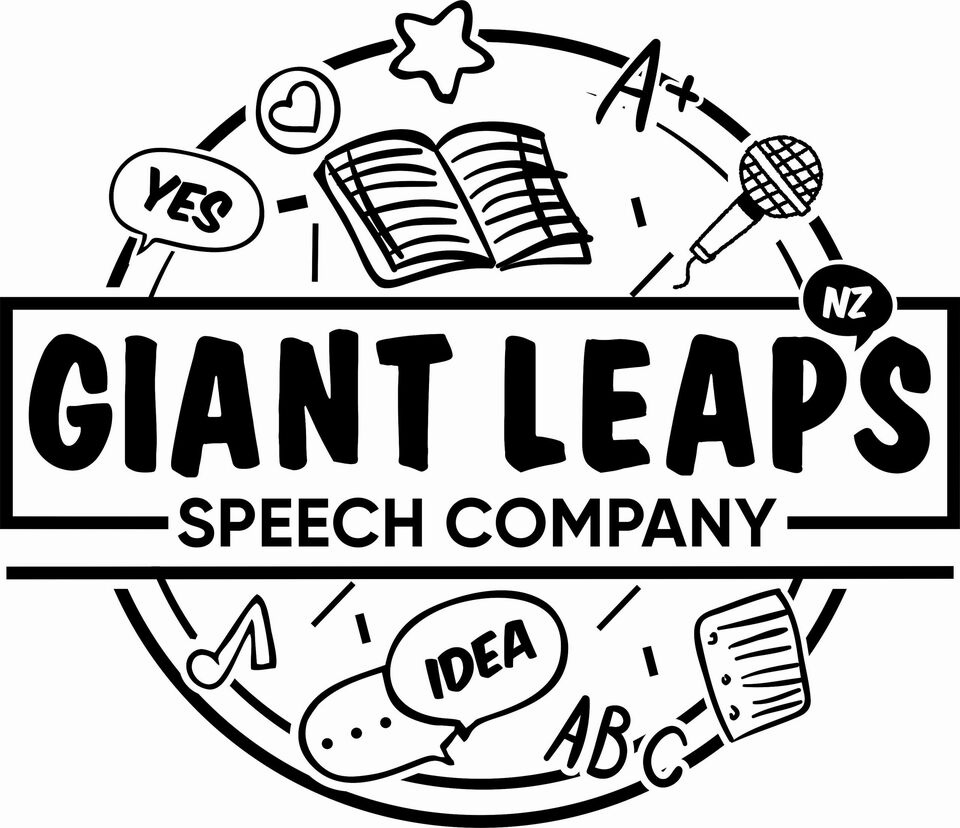Improvisation teaches the brain to actively listen, communicate verbally and non-verbally, be open to ideas, respond quickly in the moment, use imagination, collaborate, effectively use emotions, be more engaging, be flexible to change, and be more aware of what’s going on around us. During improvisations, children learn to spontaneously create a script based on instant suggestions. They collaborate ideas, for the purpose of entertaining the audience. And while children (and all of us) are born with these skills we tend to lose them because we don’t practice them the way we did as children. If you observe children you will notice that they are the best improvisers with the best imaginations. They have an easier time letting go of inhibitions. They don’t censor themselves. They don’t worry about being judged for their off-the-wall ideas or imaginary friends. They truly have fun in the moment. However, all of this needs to be continuously supported and fostered in children which is what we do in our Speech + Drama Classes.
One of the most obvious outcomes we observe in our primary and intermediate classes is the improvement in confidence amongst all of the kids. Why you ask? Here are some reasons:
A SAFE SPACE
We create a learning space that is free of judgment in which all students are supported, respected, and encouraged by the whole group. In improvisation there are no wrong choices, only stronger or more effective ones. As a result of this, their confidence levels increase as do their abilities to solve problems and act on decisions. And, they quickly learn that they are all in it together in class. Because they are part of group exercises, the spotlight is not on one particular child. The easiest way to succeed is through supporting and applauding each other in being uncomfortable with taking risks and possibly failing. And failure is okay. We learn through failure. How we handle failure is the bigger learning lesson. Once a child feels safe, he or she is more willing to participate and engage with the other students. This platform also supports an anti-bullying culture.
A SENSORY EXPERIENCE
Improvisation provides a multi-sensory experience. Students learn from the visual stimulation of observing how other students interpret and express emotions in specific improv exercises. Auditory learning also takes place through listening to the varying intonations inflections and emotions in other students’ voices during exercises. They also learn kinesthetically through physical movement in class. One of the key learning strategies in improvisation is “learning by doing”, meaning, “Don’t talk about building a bridge. Build the bridge.” Mine also provides kinesthetic learning opportunities, especially for children with motor skill difficulty. Through mime activities, they can learn how to tell a “story” without speaking and this is especially beneficial for kids who are self-conscious about speaking or who lack confidence in their verbal skills.
SPONTEANITY AND PROBLEM SOLVING
Guiding students through improvisation exercises allows them to think “outside of the box” by allowing them to use their imaginations to create whatever they want, knowing there is no judgment in their creations. When given the space to explore and heighten they will naturally feel free to solve problems in unconventional ways through trial by error. Again, there’s no wrong way in improvisation and there are always multiple ways to do things.
If you’re looking for an opportunity for your child to improve their confidence, be less timid, improve communication skills, be supportive of others, think quickly, and adapt to his or her environment (or situations), a Speech + Drama class may be the answer you’ve been looking for. The ability to think in the moment through improvisation is a “real-life” skill that is valuable for every child. Oh....and one more thing! They’ll have fun! Improvisation offers an “anything goes” playtime experience.
BECAUSE WE KNOW THAT CHILDREN LEARN BEST WHEN THEY ARE HAVING FUN! www.giantleaps.nz/speechanddrama
PUBLISHED BY - Anna Keno, Speech + Drama Teacher (ATCL, ASB, BSLT, MNZSTA) GIANT LEAPS Speech Company.


